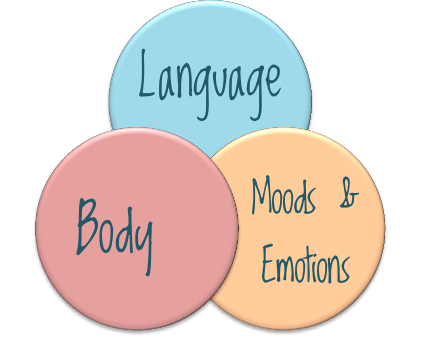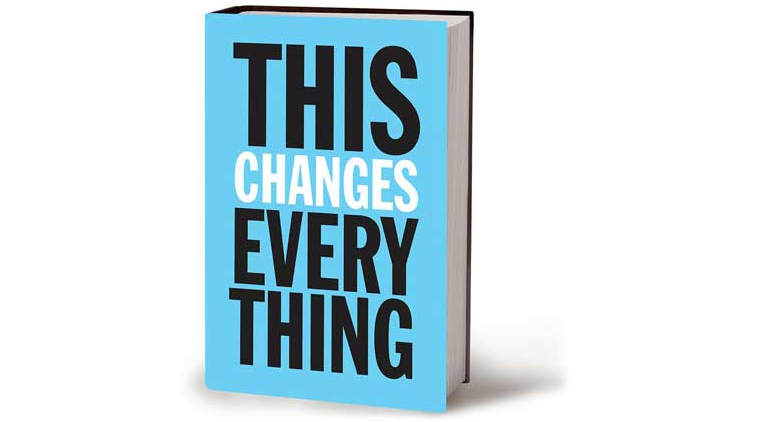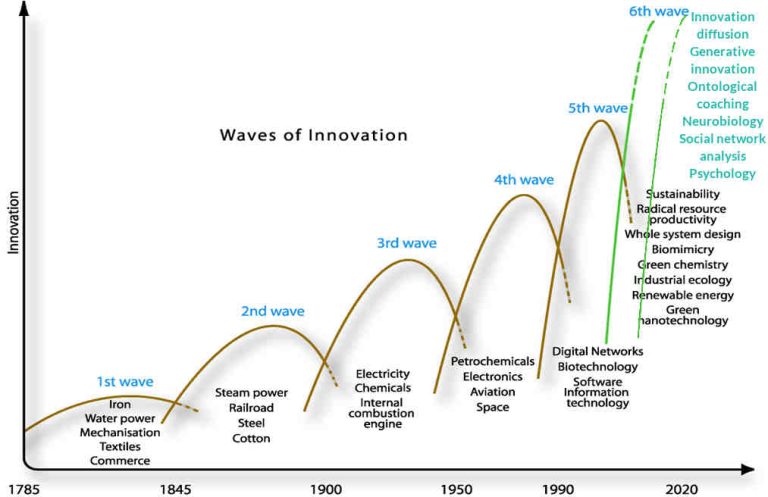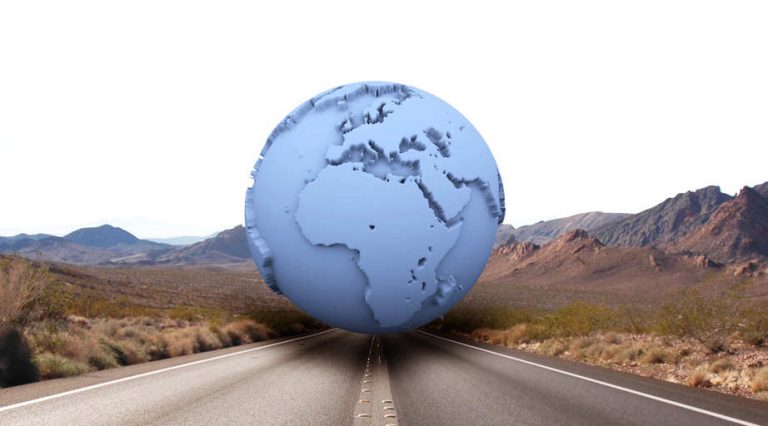The ‘how’ of being the change…
“Be the change you want to see in the world” – Mahatma Gandhi
As an Ontological Practitioner I take this quote as more than a challenge to act sustainably. Ontology is the study of how humans go about the process of being, and Ontological Coaching takes an approach to change and innovation that focuses on our Way of Being in the world:
- The language we use internally and in conversation with others.
- The moods and emotions we experience and how effectively we manage them.
- Our bodies and their interaction with our experience of ourselves and the world.
An ontological inquiry into “being the change”…
So Gandhi’s quote doesn’t just ask me to examine my actions, it also leads me to ask:
What are the Ways of Being that will enable me to generate the change I want to see in the world? What is there about my use of language, my emotional management and my physiology that I can work with to generate the changes that I want to see? Are my ways of being increasing the engagement of those around me in my vision for a regenerative future?
What is there about my use of language, my emotional management and my physiology that I can work with to generate the changes that I want to see? Are my ways of being increasing the engagement of those around me in my vision for a regenerative future?
Am I minding my language?
Am I using language effectively to generate more of what I want? Do I understand how language is structured? Do I hold un-examined opinions and assessments that limit my ability to generate a regenerative future? Am I making the sorts of offers and requests that will engage people in adopting the innovations that a regenerative economy requires? Am I really listening to the concerns of others, or am I stuck in what I think?
Are my moods running me?
How am I feeling? Given that negative moods and emotions physiologically disable my capability to think creatively and act strategically, am I unwittingly being hijacked by moods of anxiety, resignation and resentment? Do I understand the inter-relationship between my language, my physiology, my moods and my emotions? Am I developing the emotional and social intelligence to create trust and engagement?
Am I bringing all of me to the party?
Increased understanding of human biology – and especially neurobiology – has turned around the 20th century belief that humans are rational. The evidence is growing that our emotions and habitual reactions are strongly embodied in our physiology, often causing us to act first then rationalise our actions. What was useful dodging sabre-tooth tigers in pre-historic times isn’t working all that well for us in a complex technological world.
So being an effective change agent requires me to understand and work with my whole self, not just my head.
The name of the game is change…
A key assessment that I hold is that sustainability is a challenge in innovation adoption – communities adopting more regenerative practices. We have all the technological and economic know-how we need to get on with this – it’s a matter of spreading the solutions we already have. To me, we’re dealing with how humans do change – and the greater our skill at changing ourselves, the better the results we’ll get in the world.
It’s a big game, but there’s a level at which it’s the only game worth playing. Are you in it? Are you part of the solution, or are you sitting on the sidelines waiting for someone else to take action? If you’re watching rather than playing, are you very sure you’re going to like the solutions you’re given?






